Emotional Well-being Posts on Crowch
Domestic violence is a wound that is often invisible. It hides behind closed doors, behind forced smiles, and behind silence. Survivors may continue going to work, seeing friends, living daily life, but inside they live with constant fear. October is the month when we must break that silence, bring the issue to light, and offer support.
Domestic violence knows no boundaries. It is not limited by country, age, education, or income. It can affect anyone. That is why we must recognize: violence is not a “private matter,” but a human rights and justice issue.
✨ Why do we need this month?
- To break the myths. Abuse is not always physical. Control, threats, financial manipulation, or emotional humiliation are also forms of violence.
- To support survivors. Everyone deserves to know they are not alone and that help is available.
- To change culture. We must teach children and young people to build relationships based on respect, not fear.
- To give hope. Stories of those who escaped and rebuilt their lives serve as inspiration and strength for others.
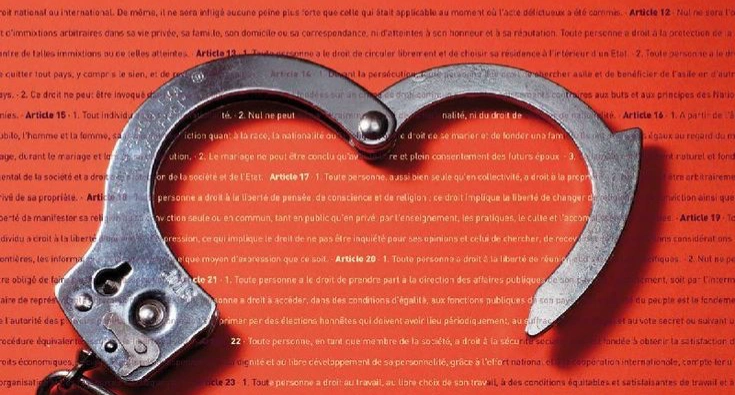
Domestic Violence Awareness Month is a reminder that we have a voice — and we must use it. A voice that says “no to violence.” A voice that supports those too afraid to speak. A voice that unites people for change.
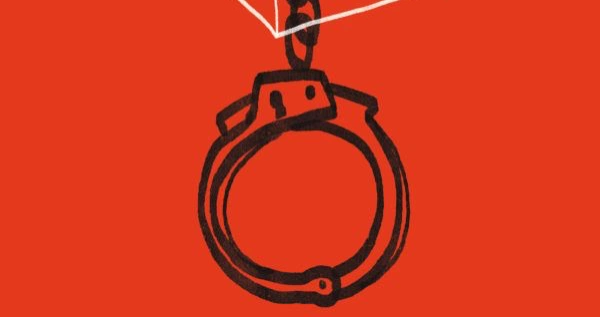
Each of us can take action: share hotline numbers, support awareness campaigns online, donate to organizations, or simply listen to someone who needs to be heard. Small steps create big change.
October in purple is a symbol of hope and solidarity. It is a chance to show that violence will not remain in the shadows. It is an opportunity to say to millions of people: “You are not alone. The world hears you. The world is ready to help.”
October is the time when society raises one of the most difficult and painful issues: domestic violence. This month was created to speak openly about what has too often been hidden in silence. It exists to remind us that violence is not a “private family matter,” but a widespread social issue that touches millions of lives across all backgrounds, cultures, and communities.
Domestic violence does not always appear as physical harm. It can be psychological abuse, verbal insults, restrictions on freedom, financial control, or constant humiliation. Each of these forms causes deep and lasting wounds. It shatters trust, destroys self-esteem, and can trap survivors in cycles of fear and dependency. Too many people remain silent — out of fear of retaliation, shame, or the belief that no one will listen. But the truth is simple and powerful: violence is never normal, and silence should never be the answer.
✨ Why does this month matter so much?
- It breaks stereotypes. Domestic violence can happen to anyone, regardless of gender, age, race, or income level.
- It defends human rights. Every person deserves safety, dignity, and the right to live free from fear.
- It highlights support systems. Hotlines, shelters, crisis centers, counselors, and community organizations are there to help — and survivors must know they are not alone.
- It shows the strength of community. When we raise our voices together, we amplify the message that violence has no place in our homes or societies.
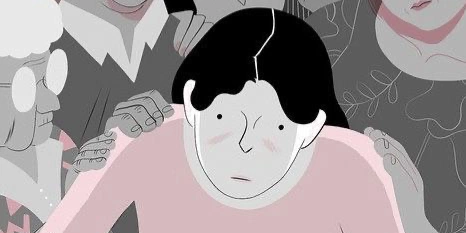
Domestic Violence Awareness Month is not just another awareness campaign. It is a movement for change. It calls on us to notice, to care, and to act. It urges us not to look away when we know someone is suffering. It gives us the chance to support initiatives that protect survivors and to stand behind those who are rebuilding their lives. And it reminds us of our shared responsibility to raise future generations in a culture of equality, empathy, and respect.
Silence is part of the problem. When survivors are left unsupported, violence continues unchecked. But when society speaks openly, challenges the stigma, and provides safe paths forward, real change becomes possible. Every voice raised, every conversation started, and every act of support matters.

October in purple is more than a symbol. It is a declaration of solidarity. It is a reminder that love is stronger than fear, and that care is stronger than cruelty. It represents our hope for a future where homes are safe, families are free from violence, and every person can live with dignity.
Together, we can build that future — one step, one voice, and one act of compassion at a time.
October unites millions of people across the world. When we see the pink ribbon, we know it is not just a symbol — it is a story of struggle, hope, and faith.
Breast cancer is a diagnosis that may sound frightening and unexpected. But behind every diagnosis stands a person who continues to live, to dream, and to fight. Many women go through incredibly difficult challenges while holding on to their remarkable inner strength. Their stories inspire others — proving that even in the darkest times, there is always light to be found.
Why does this month matter so much?
- It reminds us that early detection saves lives. Simple self-exams and regular doctor visits can be life-changing.
- It highlights the need for support. Care from friends, family, and communities helps ensure that no one faces the journey alone.
- It represents solidarity. Wearing the pink ribbon may seem like a small act, but it carries powerful meaning.
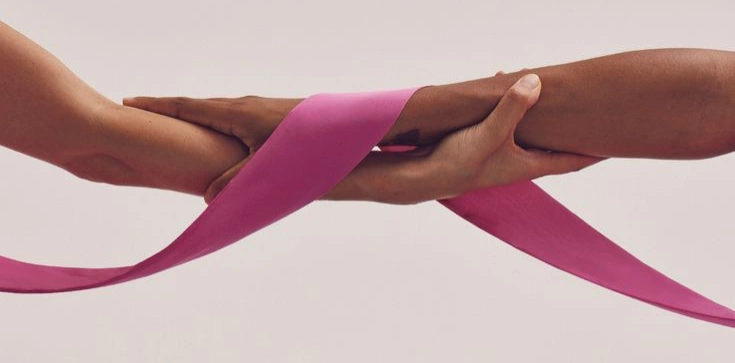
Breast Cancer Awareness Month is not only about illness — it is about strength. The strength of those who are fighting. The dedication of doctors and nurses who work tirelessly for their patients. The love and resilience of families and friends who stand as a pillar of hope.
Each of us can take a step forward: reminding loved ones about prevention, sharing helpful information, supporting a charity, or simply offering words of encouragement. Even the smallest act can save a life.
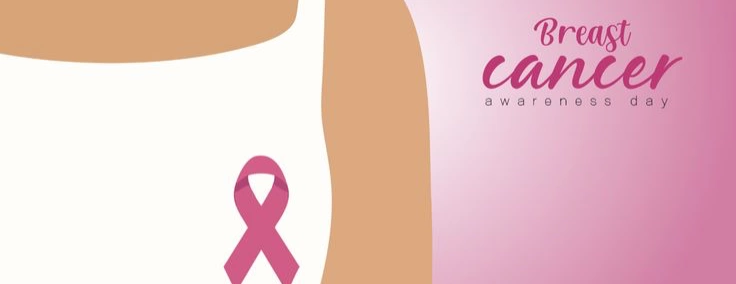
October in pink is a symbol of a future where knowledge, care, and unity are stronger than fear. It is a time to speak loudly, to inspire one another, and to remember: together, we can do more.
Every October, millions of people around the world unite to talk about an important topic — the fight against breast cancer. This month is not just a symbol of the pink ribbon, but a reminder of the value of life, self-care, and supporting one another.
Breast cancer remains the most common type of cancer among women. Statistics show that one in eight women may face this diagnosis during her lifetime. But it is important to remember: early detection saves lives. Regular medical checkups, self-examination, and being attentive to your own body help identify changes at the earliest stages, when the chances of successful treatment are highest.
Breast Cancer Awareness Month carries several key goals:✨ To inform — reminding women and men (yes, men can also develop breast cancer) that prevention and knowledge can save lives.✨ To support — providing emotional, psychological, and material assistance to those undergoing treatment or who have already overcome the disease.✨ To unite — families, communities, organizations, and even entire nations in the fight against fear and in breaking down myths surrounding the illness.
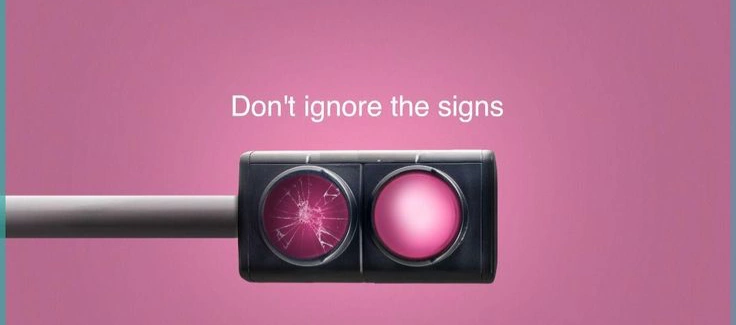
💗 This month is about strength. The strength of women who go through treatment every day and refuse to give up. The strength of doctors and nurses who dedicate themselves to helping their patients. The strength of family and friends who inspire hope and courage.
We wear the pink ribbon, participate in charity runs, and spread information on social media not for the symbol itself, but for life. Every word of encouragement, every small act of awareness can save someone’s mother, sister, friend, or colleague.
It is important to remember: taking care of yourself is not selfishness, it is responsibility. Schedule a medical exam, remind your loved ones to do the same, share helpful information. A small action today can become a great salvation tomorrow.
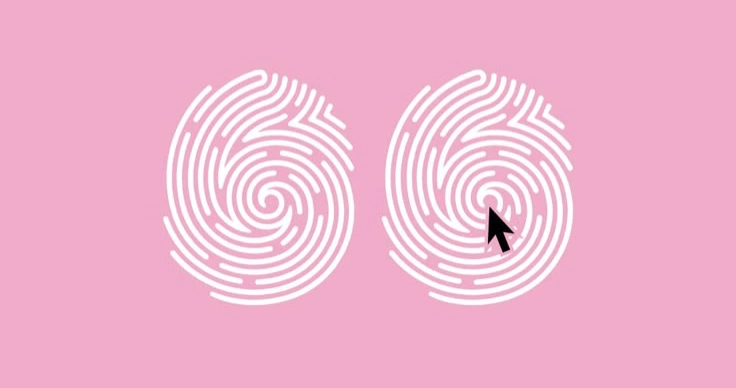
Breast Cancer Awareness Month is a time to talk about health openly, without embarrassment or fear. It is a time to come together for a future where the words “breast cancer” will no longer sound like a sentence.
Let the pink ribbon be a symbol of hope, support, and strength. Let it remind us that each of us can contribute to the fight for life.
In recent years, our idea of “work” has transformed. The pandemic, remote work, AI, and flexible schedules have reshaped not just where we work — but how we live. We no longer want to live to work. We want to work to live — with more energy, better relationships, and stronger mental health.
Work-life balance is no longer a perk — it’s a baseline. Companies that understand this are thriving: less burnout, higher productivity, deeper employee loyalty. But true balance goes beyond a four-day week or remote Fridays. It’s about a culture of trust, mindfulness, and respect for personal time.
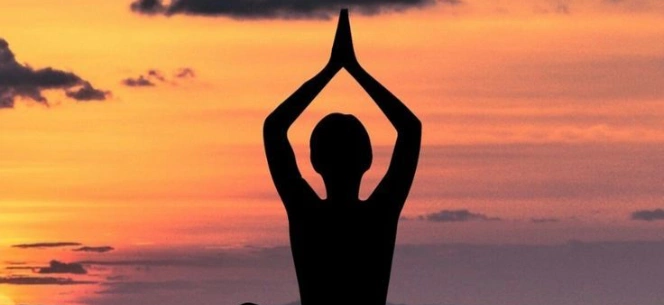
The future of work is about flexibility — where people adapt work to life, not life to work. It’s about technology that supports rather than distracts. It’s about empathetic leadership, not micromanagement. And it’s about treating mental health as a core part of professional success.
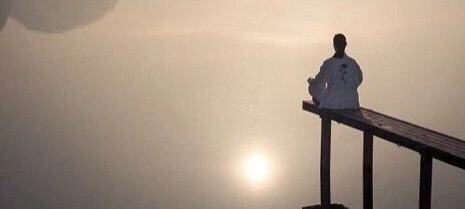
We now live in a world where the lines between home and office blur. That’s why we must learn to draw boundaries — shut the laptop, say no to overload, choose dinner with loved ones over one more Zoom call.
Balance doesn’t mean splitting hours evenly. It means living fully — not just being busy.
The future of work is human. And that means balance is not optional — it’s essential.
We live in a world where noise has become normal. Loud news feeds, constant notifications, background podcasts, music in our ears, endless messages, voice notes, video calls — we are always hearing something. Even when nothing is happening around us, our minds hum with thoughts, plans, memories, and worries. We've forgotten what it's like to simply be in silence.
Silence can be uncomfortable. It leaves no distractions. In silence, you hear what you usually avoid: yourself. Your thoughts, your emotions, your truth. That’s why we often run from it — filling every pause with sound, motion, or content. But that pause is exactly where healing begins.

Silence isn’t emptiness. It’s space — to breathe, to realign. In silence, thoughts settle, the body relaxes, the mind clears. Answers appear — ones the noise keeps buried. Silence doesn’t demand. It doesn’t sell, advise, compare, or compete. It simply exists. And in it, you’re allowed to exist, too.
In today’s world, silence feels like a luxury. We've forgotten that it's available. It doesn’t cost money. It doesn’t require a subscription. But it does require a decision. To turn off the phone. To pause. To go for a walk without headphones. To not scroll. To sit quietly. To just be with yourself.
You don’t have to be reachable 24/7. You don’t have to reply instantly. You don’t have to consume constantly. Sometimes the most important thing is to disconnect — just long enough to reconnect with yourself, with life, with others. Real connection doesn’t begin with messages — it begins with presence. And presence is born in silence.
We think recovery means vacation. But often, we don’t need a beach — we need peace inside our heads. And silence can become that space — the one where energy, focus, clarity, and meaning are slowly restored. Because in noise, we survive. But in silence — we live.

Silence doesn’t require hours. A few minutes is enough. Close your eyes. Take a breath. Listen not to music, but to stillness. If it feels uncomfortable at first — that’s okay. It just means you haven’t been alone with yourself for a while.
Let silence return to your life. Not as a rarity, but as a habit. In a world where everyone speaks — the real value belongs to those who can hear. And most often, it starts with hearing yourself.
The modern world teaches us to move fast. Do more. Earn faster. Keep learning. Build your career, grow your brand, update your resume, stay visible. But the faster we run, the more often we find ourselves feeling empty. Where are we rushing — and why?
The world may be accelerating, but the human mind is still wired for rhythm, not chaos. We are not machines. We are not built for endless momentum without pause. Our internal resources — focus, energy, inspiration — are not infinite. Yet we’ve learned to ignore fatigue. We fear slowing down: afraid we’ll lose momentum, relevance, or our place in the race. And that’s the trap.
More and more people today are realizing that old models of success are failing. Growth for growth’s sake, income for metrics, busyness as identity — these patterns leave us exhausted, anxious, and numb. We look successful on the outside, but feel disconnected within.
Rethinking success begins with slowing down.
To slow down doesn’t mean to quit. It means creating space to think — not just produce. To return to essential questions:— What actually matters to me?— Where do I draw meaning, not just motivation?— What pace is truly mine — not what’s imposed?

We often fear being “slow” in a culture obsessed with speed. But it is in slowness that depth is born: ideas, relationships, insights, honesty. Everything real takes time. Speed is for consuming. Creation is slow.
Real strength today isn’t in acceleration. It’s in choosing your own rhythm. It’s in pausing, saying no, noticing, feeling, being fully present. Success isn’t a timeline. It’s a resonance between what you do and who you are.
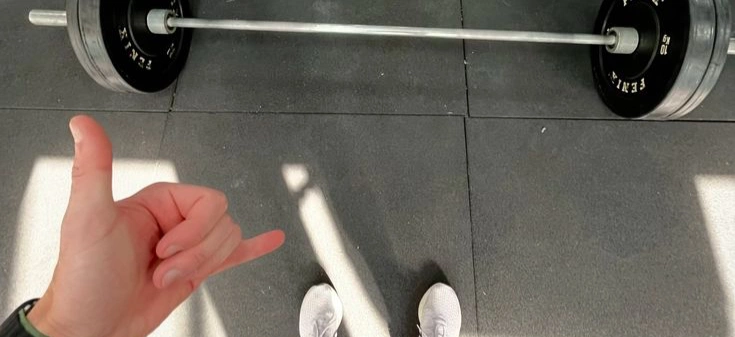
Sometimes, to return to yourself, you just have to stop.Not to fall behind — but not to lose yourself.
Modern humans know more than ever, can do more than ever — and yet, more and more people feel lost. We live in a time where the pace of change exceeds our capacity to adapt, where boundaries blur, and stability feels conditional, temporary, or illusory.
Life has become unpredictable. Economic turbulence shakes our sense of financial security. Social and political polarization makes even everyday conversations feel fragile. Climate anxiety casts a shadow over the future. And the constant stream of digital inputs leaves us mentally fragmented, overstimulated, and drained. These aren’t isolated stressors — they intersect and compound each other, wearing away at our sense of inner ground.
We’re spending more time reacting and less time reflecting. Our calendars are full, our minds are cluttered, and our attention is scattered. We're expected to stay updated, stay productive, stay connected — but few of us are taught how to stay centered. Psychologists now talk openly about the loss of internal resilience — that inner steadiness that helps us absorb challenges without falling apart.
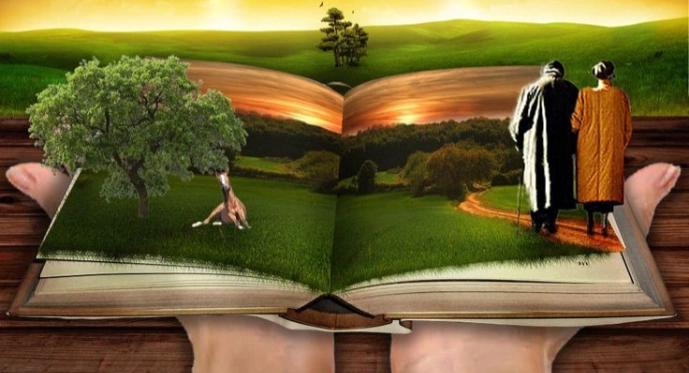
And so many of us are quietly asking: Where is my anchor? How do I find clarity when the world keeps shifting? How can I protect my energy, my focus, and my peace in a time that demands constant motion?
The answer isn’t in controlling everything. That’s not possible. The answer is in refocusing:
— Not in trying to predict the future, but in learning to meet it with presence and perspective.— Not in consuming more information, but in seeking deeper understanding.— Not in resisting change, but in cultivating the inner capacity to move through it with intention.
True resilience is not about building walls — it's about building depth. It’s about creating enough internal space to respond wisely instead of reacting reflexively. It’s about knowing when to pause, when to say no, and when to simply be — without productivity or performance.
So what does this look like in practice?
- Creating quiet routines that nourish your mind instead of draining it.
- Spending time in activities that bring clarity, not just stimulation — like reading, walking, journaling.
- Redefining success as alignment with your values, not with external metrics.
- Allowing space for imperfection, uncertainty, and rest.

In a culture that rewards speed and visibility, resilience is an act of subtle rebellion. It says: I do not need to keep up with everything to be whole. I do not need to be constantly available to be valuable. I do not need to perform calm — I can practice it.
Resilience in the 21st century isn’t something you have — it’s something you build. And it begins not with changing the world, but with changing how you move through it. Your anchor was never meant to be out there. It’s been within you all along — waiting to be remembered.
We live in an age where attention is the new currency. Newsfeeds refresh every second. Messengers constantly ping. Push notifications flash across our screens — demanding that we look, swipe, click, reply. In the middle of all this noise, we’re still expected to work, study, socialize, stay informed, be healthy, and somehow remain sane. This isn’t just information overload — it’s informational noise, a kind of digital smog that clouds our ability to think clearly, focus deeply, or feel truly present.
The human brain, brilliant as it is, did not evolve to handle this kind of cognitive environment. We weren’t designed to process thousands of micro-updates per day, each one calling for our attention, often with urgency that’s manufactured. We’re pulled from task to task, scrolling through bite-sized content, switching between tabs, apps, emails, messages — rarely staying with one thought long enough to understand it fully, let alone reflect on it.
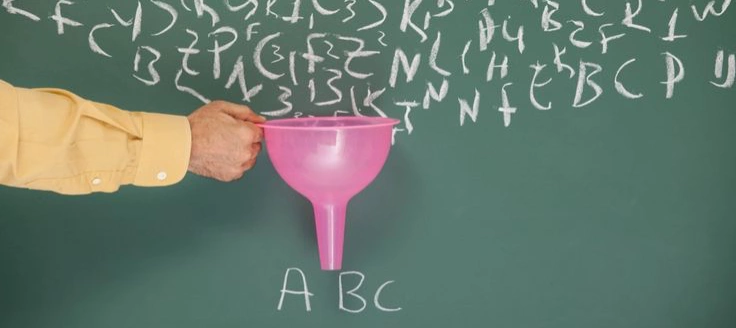
Over time, this leads to fragmented attention. Our ability to concentrate weakens. Tasks take longer. Mental fatigue becomes chronic. Even in moments of silence, our minds race. Many of us feel the need to check our phones during conversations, refresh our feeds when bored for two minutes, or scroll before sleep — not because we need to, but because we’ve become conditioned to.
And this isn’t just about productivity. It’s about the quality of our inner life. The loss of focus means a loss of depth — in learning, in relationships, in creativity. We struggle to be fully present with people, to engage deeply with ideas, or even to enjoy quiet moments alone. The space where imagination used to live is now often filled with noise we didn’t ask for.
Why is this a serious problem? Because without sustained attention, we can’t do the things that matter most. We can't build meaningful work. We can't grow relationships. We can't make intentional choices. We end up living reactively — responding to inputs instead of acting from purpose. Instead of following our own goals, we drift through a never-ending stream of other people’s agendas, wrapped in algorithms designed to keep us distracted.
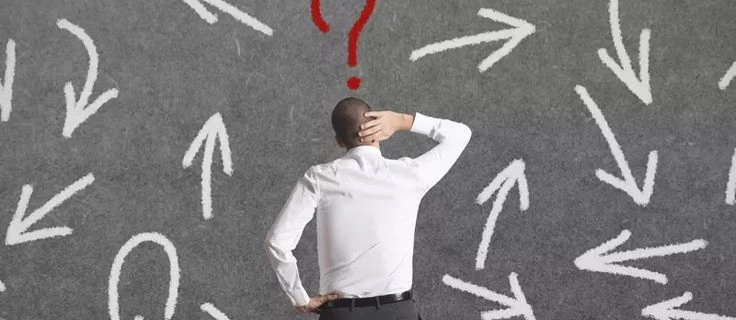
But there is a way out. It’s not about rejecting technology — it’s about using it with clarity.
What can we do?
- Minimize the noise: Turn off non-essential notifications. Unsubscribe from low-value content. Curate your feed the same way you would curate what goes into your body. Choose carefully.
- Regain focus: Work in intentional silence. Use techniques like Pomodoro to reclaim blocks of deep work. Protect screen-free time — not just for rest, but for reflection.
- Rebuild inner stillness: Meditate. Walk without your phone. Write a journal, not a tweet. Do nothing for 10 minutes and don’t feel guilty about it. Stillness is not wasted time — it’s where attention regenerates.
- Treat attention like energy: It’s limited, precious, and easily hijacked. Where you place your attention shapes who you become.
In a world that profits from your distraction, real freedom begins when you reclaim your focus. It’s not easy — but it is possible. And the more of us who do it, the more we shift the culture from noise toward meaning.
There are moments when you simply don’t know. You don’t know what you want. You don’t know where to go. You don’t know why any of it matters. The usual answers stop working, the familiar paths lose their meaning. Inside — a strange silence, as if everything has paused. And that can feel scary.
But the truth is: this is not the end. It’s not failure. It doesn’t mean something is wrong with you. It’s a transition. A space between what has passed and what hasn’t yet begun. It’s not the absence of movement — it’s a new form of movement. Internal. Quiet. Deep.
We’re used to measuring growth by external progress. If you’re building, moving, achieving, earning — you’re doing it right. But if you’re still, unsure, just living from one day to the next — it feels like you’re falling behind. But that’s not true.
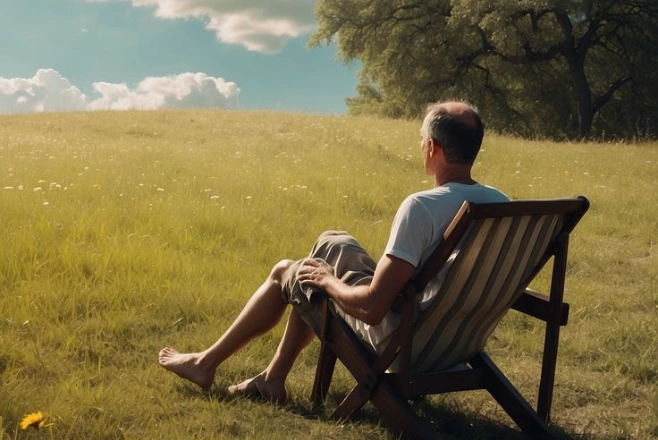
There are seasons when life dims the lights — so you stop navigating by external noise. So you begin to hear what’s really inside you. It’s uncomfortable. It’s unsettling. It may feel like loneliness or emptiness. But often, this is exactly where the real return to yourself begins.
You start learning to exist not for others — but for yourself. You stop doing things to prove your worth — and start feeling to understand your truth. You begin to pause — not because you’ve given up, but because you’ve chosen to stop living on autopilot. That’s real growth.
Not knowing doesn’t mean you’re lost. It means you’ve followed too many outside paths for too long. It means you’ve tried too hard to do what’s “expected.” It means your heart hasn’t been heard in a while. And so — now there’s quiet. And in that quiet, you get a chance to rebuild. To reset. To begin again — but differently.
You don’t have to know everything. You don’t owe anyone a five-year plan. You are allowed to not know. You are allowed to be searching. You are allowed to just breathe and be — without explaining it to anyone. This point of transition is the most vulnerable — but also the most alive.
Life doesn’t demand a clear roadmap from you. It asks for honesty. And if right now you’re in pause, in questions, in fog — that’s not weakness. That’s your path. Not fast. Not like everyone else’s. But yours.
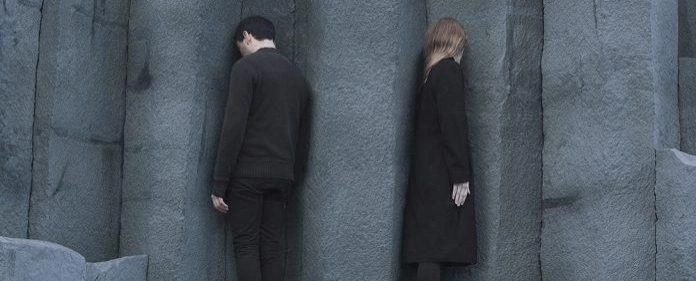
You’re no longer who you were. And not yet who you’re becoming.But you are alive. You are feeling. You are seeking.And that — is already enough.